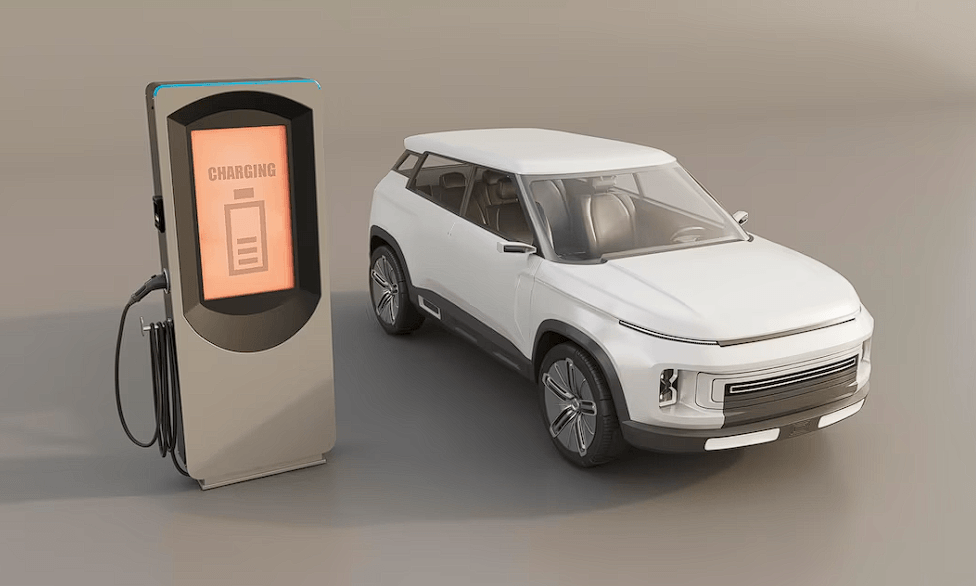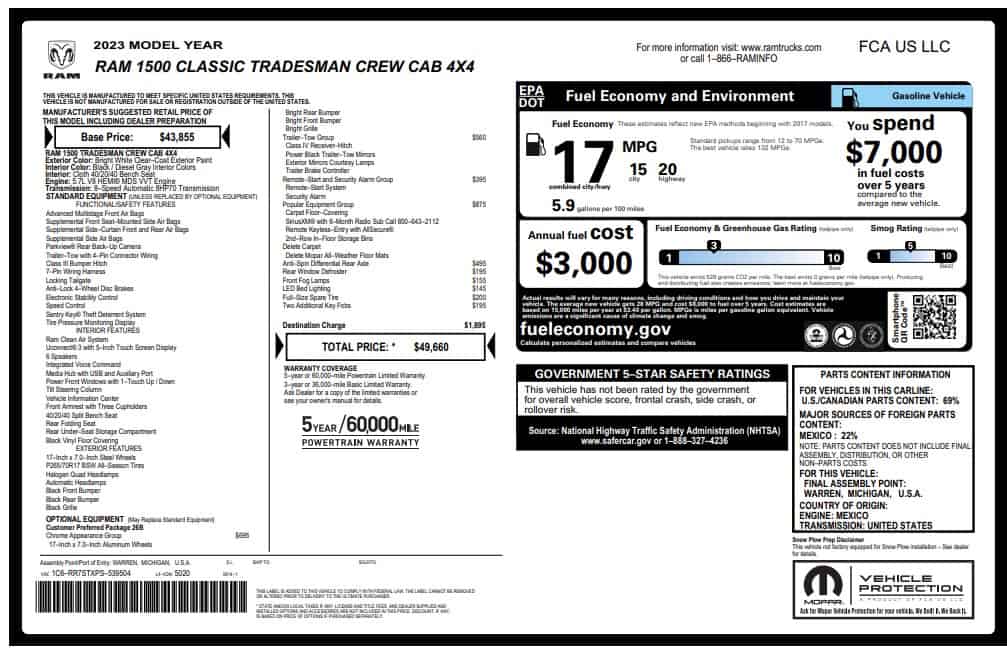Is an Electric Vehicle the Right Choice for You? (PDF)
There have been many reasons why electric vehicles (EVs) have become increasingly popular in recent years, including their efficiency, reduced emissions, and low maintenance costs. However, one major consideration when purchasing a car is the cost. We’ll explore the ways in which electric cars can save you money and where they might actually cost you more in this post.

Maintenance costs
One of the biggest advantages of electric cars is their low maintenance needs. Gas-powered vehicles have many intricate moving parts, all requiring regular upkeep, including oil changes and larger maintenance needs at regular intervals. In contrast, electric cars have fewer moving parts, leading to fewer parts that can fail and cause expensive repair bills. According to the U.S. Department of Energy, EVs cost 4 cents less per mile to maintain, which translates to a $4,000 savings over 100,000 miles.
Battery
While electric cars have lower maintenance costs overall, the cost of replacing the battery remains a significant variable. Over time, electric car batteries lose their ability to store charge, resulting in less driving range as the vehicle ages. EV batteries are typically warranted for a minimum of eight years or 100,000 miles, and on average, electric cars lose about 2% of their capacity per year. However, if you plan to own an EV that’s 13 to 15 years old, the cost of replacing the battery can be significant, with an average price of $153 per kWh in 2022.
Fuel Cost
Fuel costs are one of the most significant potential savings for EV owners, but the amount saved depends largely on charging habits. Charging at home is the most cost-effective option, with the average residential electric rate at almost 15 cents per kWh in December 2022. The average observed efficiency of EVs that underwent Edmunds’ real-world range test is about 32 kWh/100 miles, equating to a cost of $4.80 for 100 miles traveled. In comparison, gas prices averaged about $3.45 per gallon over the same period, meaning that to pay the same amount for 100 miles of travel in a gas-powered car, you’d need a car capable of returning almost 72 miles per gallon.
Incentives
Electric cars may initially seem more expensive than gas-powered vehicles, but there are various programs available to offset these costs. For instance, the federal tax credit offers up to $7,500 for qualified buyers of a qualifying EV. Additionally, there are state, local, and utility-funded programs that offer rebates and credits, some of which are applied at the time of sale, and help to offset the cost of installing a home charging station.
Efficiency
Electric cars also have other advantages beyond cost savings. They are more efficient, with an efficiency rate of about 90%, compared to the most efficient internal combustion engines. Electric cars can also recapture energy while slowing down, which further improves their efficiency. The instant torque and smooth power delivery of electric motors also provide a more consistent and quicker driving experience than gas engines, as there’s no need for gear shifting.
Environmental impact
Finally, electric cars are more environmentally friendly. They help reduce both local pollution and carbon emissions responsible for global warming. Overall, electric cars provide a sustainable, efficient, and enjoyable alternative to gas-powered vehicles.
Overall, owning an EV has the potential to save you a considerable amount of money in both maintenance and fuel costs. While battery replacement costs can be significant, it’s unlikely to impact the original owner during the warranty period. Additionally, prices for EV batteries have been falling in recent years. However, the decision to purchase an electric car ultimately depends on individual circumstances and driving habits.





